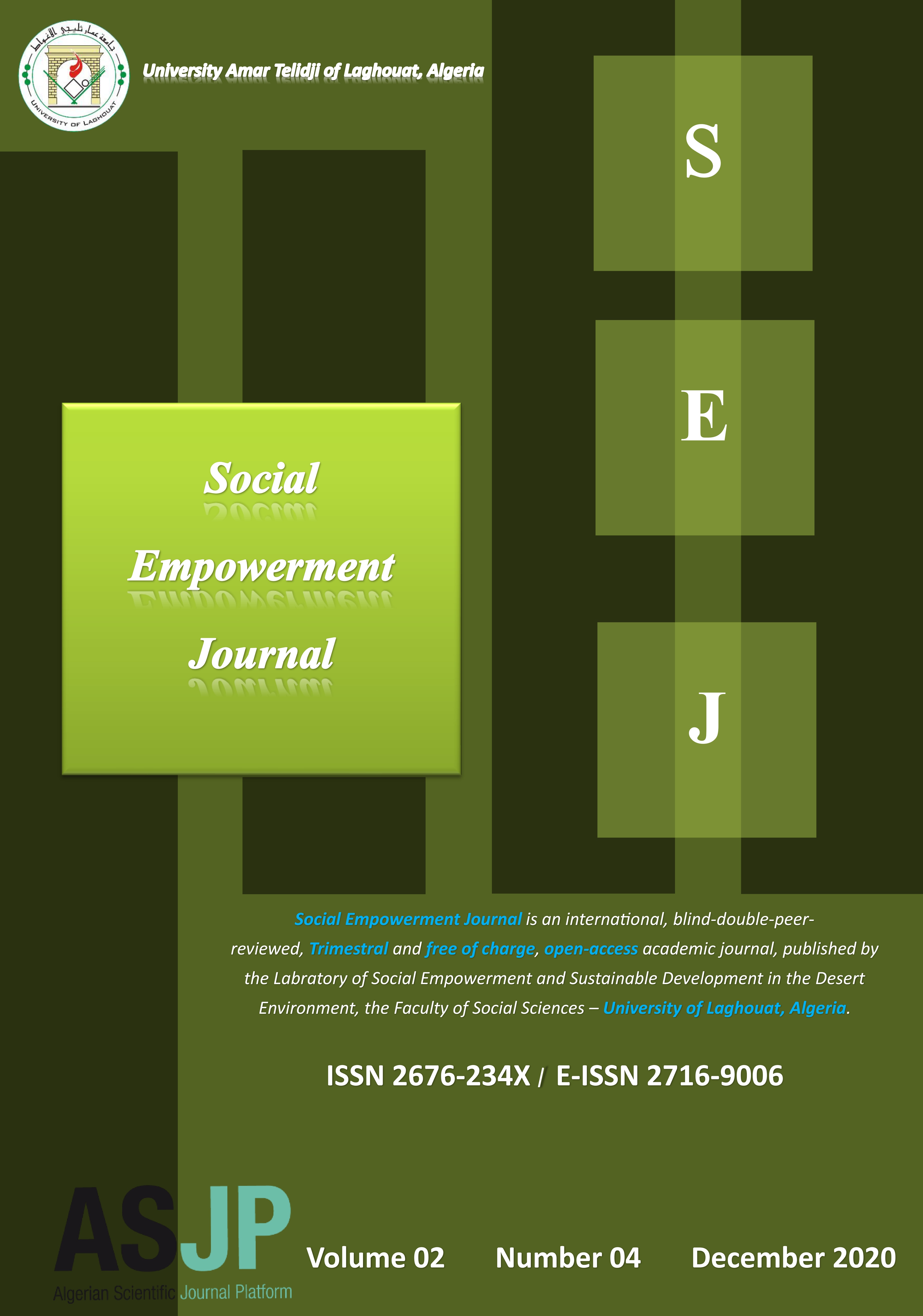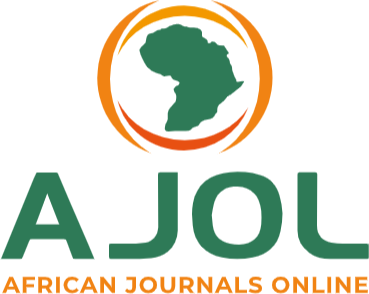The concept of gender and problem of translation
مفهوم الجندر و إشكالية الترجمة
Abstract
The importance of gender critique as a concept lies in understanding the specificity of cultural, historical and social differences, in posing the problem of the extent to which concepts can be translated from one language to another, in the Implications of the conceptual crossing the geographical and specialized borders, the use of gender involves bets that are not limited to the mere adoption of a term or not or to the mere translation of a certain word as much as it expresses the cognitive system of a society, the cognitive capabilities with cultural and political dimensions that begin to appear upon its analysis, The best approach to uncovering these bets is in a comparison between the American and French contexts of knowledge of how this concept is approached.
The aim of this theoretical research paper is to shed light on the most important cultural and cognitive stakes related to translating the concept of gender. This study confirms that working on concepts extracted from other cultures would generate new questions whose degree of suitability and practicality cannot be ascertained either in the field of research or in the field of policies that they adopt.
Downloads
References
Christine? D. et Al. (2012). « Genre à la française? ». Sociologie, 2012/ No 3, Vol. 3. pp 299-316
Fassin? E. (2006). « Le genre aux Etats – Unis et en France ». dans: Agora débats/jeunesse. (41). Jeunes, genre et société. pp 12-21
Fassin? E, (2008). «l’empire du genre: L’histoire politique ambiguë d’un outil conceptuel ». L’Homme 2008/ 3-4. n°187-188. pp 375-392
Frédérique, O.H. (2008). « Le genre une notion féconde pour les sciences sociales ». Idées économiques et sociales. 2008/3 N°153. pp 4 -5
Hofmann, E. (2006). « rejet d’un mot ou refus d’un concept? ». Travail, genre et sociétés. N°16. 137-142.
Ilana, L, Hélène, R, (2003). « Genèse et développement du genre: les sciences et les origines de la distinction entre sexe et genre ». Cahiers du Genre. 2003/1. N° 34. pp 5-16.
Scott, J, Varikas, É. (1988). « Genre: une catégorie utile d’analyse historique ». in: LES cahiers du GRIF. n°37-38. Le genre de l’histoire. pp 125-153
Varikas, E. (2006). penser le sexe et le genre. Paris: PUF
- Arabic references in English:
Baydoun, A. (2004). University Youth in Lebanon: Identities and Gender Orientations: Constants and Transformations. Al-Mustaqbal Al-Arabi. (301), p p: 30-41.
Sinnah, M., & Maayri, H. (2017). An Attempt to Understand the Sociology of Domination: A Reading in the Thought of Pierre Bourdieu. Journal of Literature and Social Sciences. N:17, p p:1-12.
Shawqi, G. (2001). Arab Thought and the Sociology of Failure. Madbouli Library, Cairo.
Grawitz, M. (1993). Social Science Methods: The Logic of Research in Social Sciences. Arab Center for Arabization, Translation, Authoring, and Publishing, Damascus.

This work is licensed under a Creative Commons Attribution-NonCommercial 4.0 International License.





















